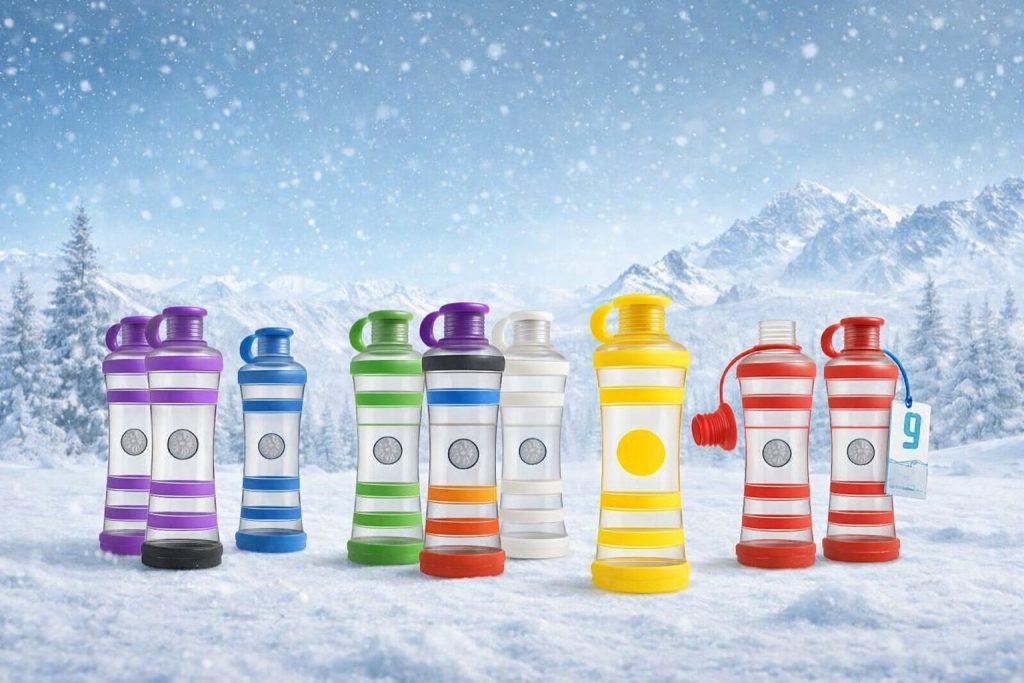No products in the basket.
Introduction
In today’s health-conscious world, more people are realizing the importance of using BPA-free bottles for health and overall well-being. Whether it’s your daily water bottle, baby bottle, or food container, the materials they’re made from can have a lasting effect on your body. This article explains what BPA is, why it’s harmful, and how switching to BPA-free bottles can protect your health.
What Is BPA?
BPA, or Bisphenol A, is a chemical commonly found in plastics and food packaging. It’s used to make polycarbonate plastics strong and durable. However, research has shown that BPA can leach into water and foods especially when containers are heated or reused. Understanding the importance of using BPA-free bottles starts with knowing how BPA exposure happens in everyday life.
Health Risks Linked to BPA Exposure
Scientific studies suggest that BPA can mimic estrogen, a hormone that regulates many body functions. Prolonged exposure may contribute to:
Hormonal imbalance
Reproductive issues
Increased risk of heart disease
Developmental problems in infants and children
These findings highlight the importance of BPA-free bottles for health, especially for families, children, and expecting mothers.
Explore our Healthy Living Guide for more tips on avoiding harmful household chemicals.
Benefits of BPA-Free Bottles
Switching to BPA-free bottles brings several benefits:
Healthier hydration: No chemical leaching into your water.
Eco-friendly: BPA-free bottles are often reusable and recyclable.
Odor-free and durable: They maintain water purity without plastic taste.
Safe for everyone: Ideal for kids, athletes, and daily users.
The importance of using BPA-free bottles lies not just in avoiding harm but also in promoting a healthier lifestyle and reducing plastic pollution.
How to Identify BPA-Free Bottles
Here’s how to make sure your bottle is safe:
Look for a “BPA-Free” label on the packaging.
Avoid bottles with recycling codes 3 or 7, as they may contain BPA.
Choose bottles made from stainless steel, glass, or BPA-free plastic.
Don’t reuse old plastic bottles that have been exposed to heat or sunlight.
For product safety standards, visit the World Health Organization (WHO).
Conclusion
Choosing BPA-free bottles is a small but powerful step toward better health and environmental safety. When you understand the importance of using BPA-free bottles for health, you’re not just protecting yourself; you’re promoting a cleaner, safer world. Make the switch today and enjoy hydration without harm.
Read our next article, The Power of Hydration: How Water Fuels Your Body and Mind, to learn how proper hydration supports overall wellness.

